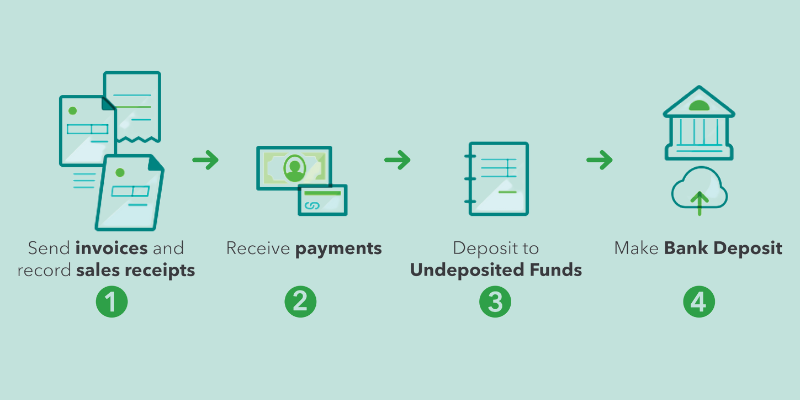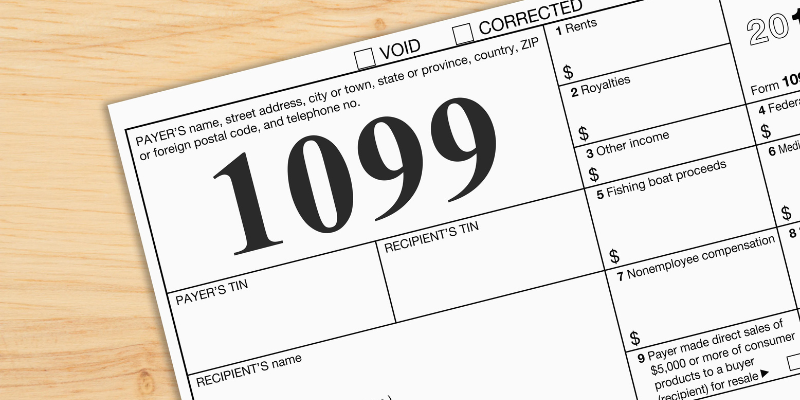Payroll taxes are payments made to federal and state governments, deducted from an employee’s paycheck before it reaches their bank account. These taxes fund various government programs and are split into three main categories:
- Federal Insurance Contributions Act (FICA): Funds Social Security and Medicare programs. Social Security supports retired individuals and those with disabilities, while Medicare covers medical expenses.
- Federal Unemployment Tax Act (FUTA): Supports workers who have lost their jobs. Only the employer pays this tax.
- State Unemployment Tax Act (SUTA): Similar to FUTA but at the state level. Only the employer pays this tax.
What Is FICA Payroll Tax?
FICA taxes consist of Social Security and Medicare taxes. As of 2024:
- Employers and employees each pay 6.2% for Social Security and 1.45% for Medicare, totaling 7.65% each or 15.3% for both.
- Self-employed individuals pay the entire 15.3%.
- The Social Security portion has a wage limit of $168,600. Earnings above this limit are not subject to the 6.2% tax.
- The Medicare portion remains at 1.45% until annual wages exceed $200,000, after which an additional 0.9% applies. There is no earnings limit for Medicare tax.
Reporting FICA Taxes
Employers report income taxes and payroll taxes using IRS Form 941, filed quarterly with deadlines on:
- April 30 (for Q1: January 1 – March 31)
- July 31 (for Q2: April 1 – June 30)
- October 31 (for Q3: July 1 – September 30)
- January 31 (for Q4: October 1 – December 31)
Exceptions include seasonal businesses, farm workers, and household employees. Small businesses with less than $1,000 in annual employment tax use Form 944 instead.
What Is FUTA Payroll Tax?
FUTA funds unemployment benefits for workers nationwide. Key points include:
- Employers pay FUTA taxes on employees earning $1,500 or more annually.
- The FUTA tax rate is 6% on the first $7,000 of income. After an employee earns $7,000, the employer stops paying FUTA for that employee.
- Form 940 is used to report FUTA taxes, filed annually by January 31. Quarterly payments are required if the quarterly liability is $500 or more. If less, it can be rolled over to the next quarter.
What Is SUTA Payroll Tax?
SUTA funds state unemployment benefits and varies by state. Key points include:
- Minimum rate: Lowest amount an employer can pay.
- Maximum rate: Highest amount an employer can pay.
- Wage base: Threshold after which SUTA taxes are not required.
- In some states (e.g., Alaska, New Jersey, Pennsylvania), employees also pay SUTA.
What Is IRS Form 944?
Form 944 is for small businesses with less than $1,000 in annual federal taxes, allowing them to file annually instead of quarterly. Employers need IRS permission to use this form. It’s due January 31 of the following calendar year and includes wages, withholdings, and employer taxes.
Employers qualify if they:
- Paid wages to a W-2 employee.
- Owe $1,000 or less in withholding and FICA taxes for the year.
- Have written permission from the IRS.
- Did not file a return for the prior year, if nothing is reportable.
Understanding these taxes and forms ensures compliance and helps fund essential government programs, supporting various public services and benefits.








